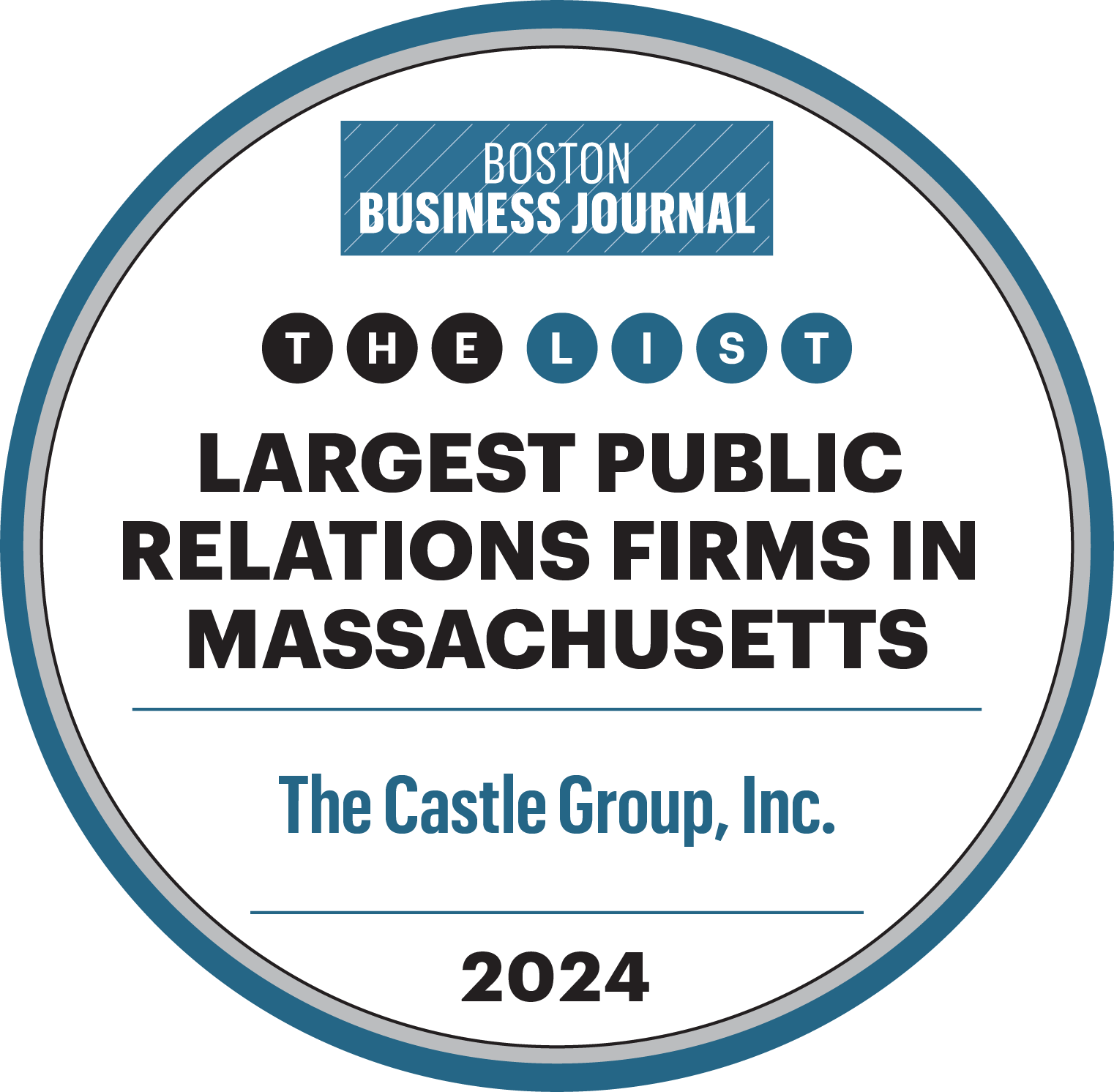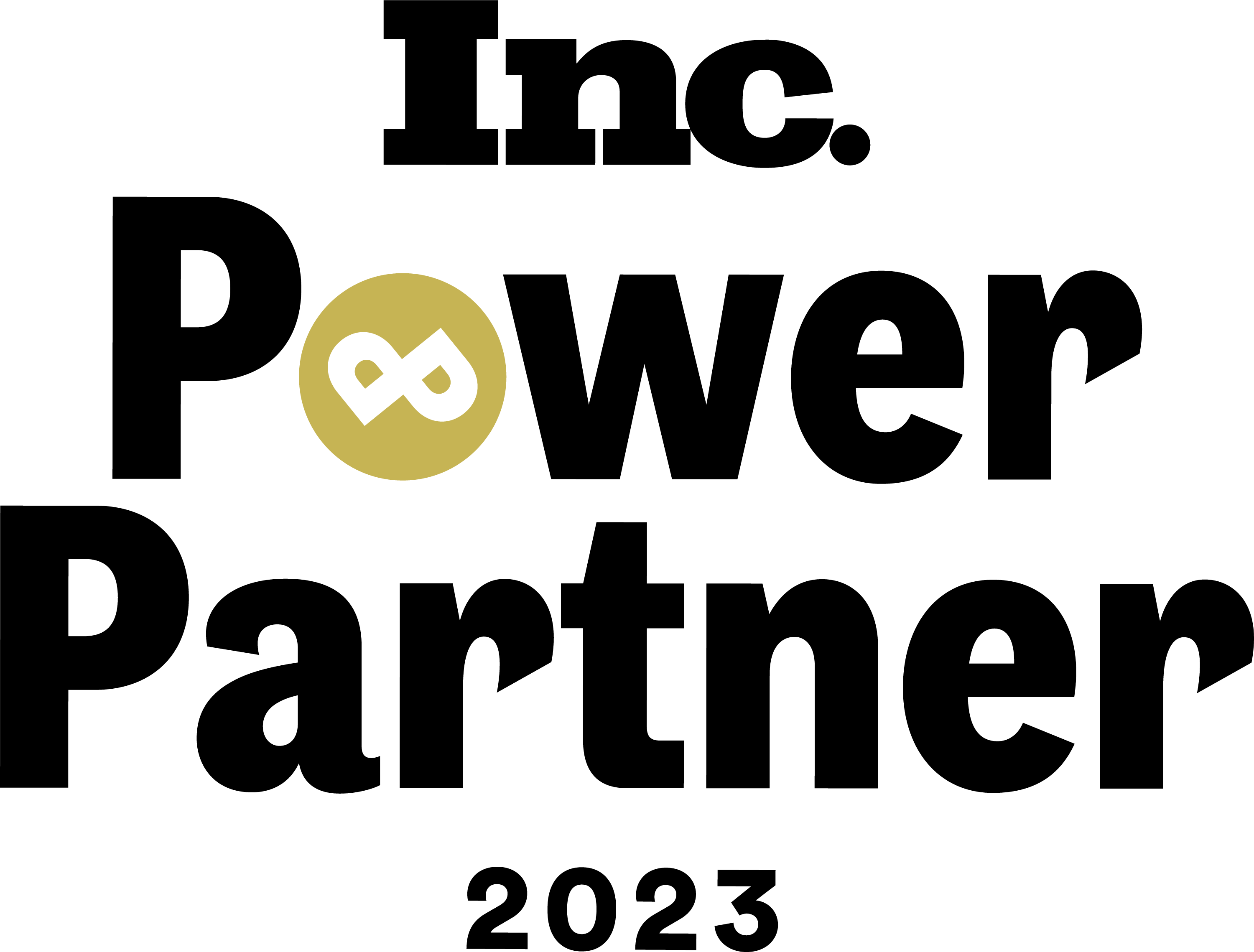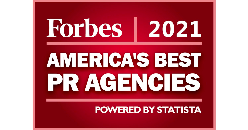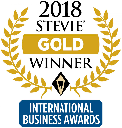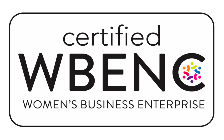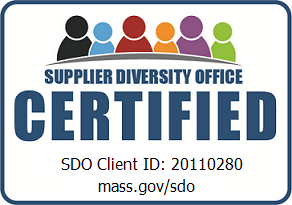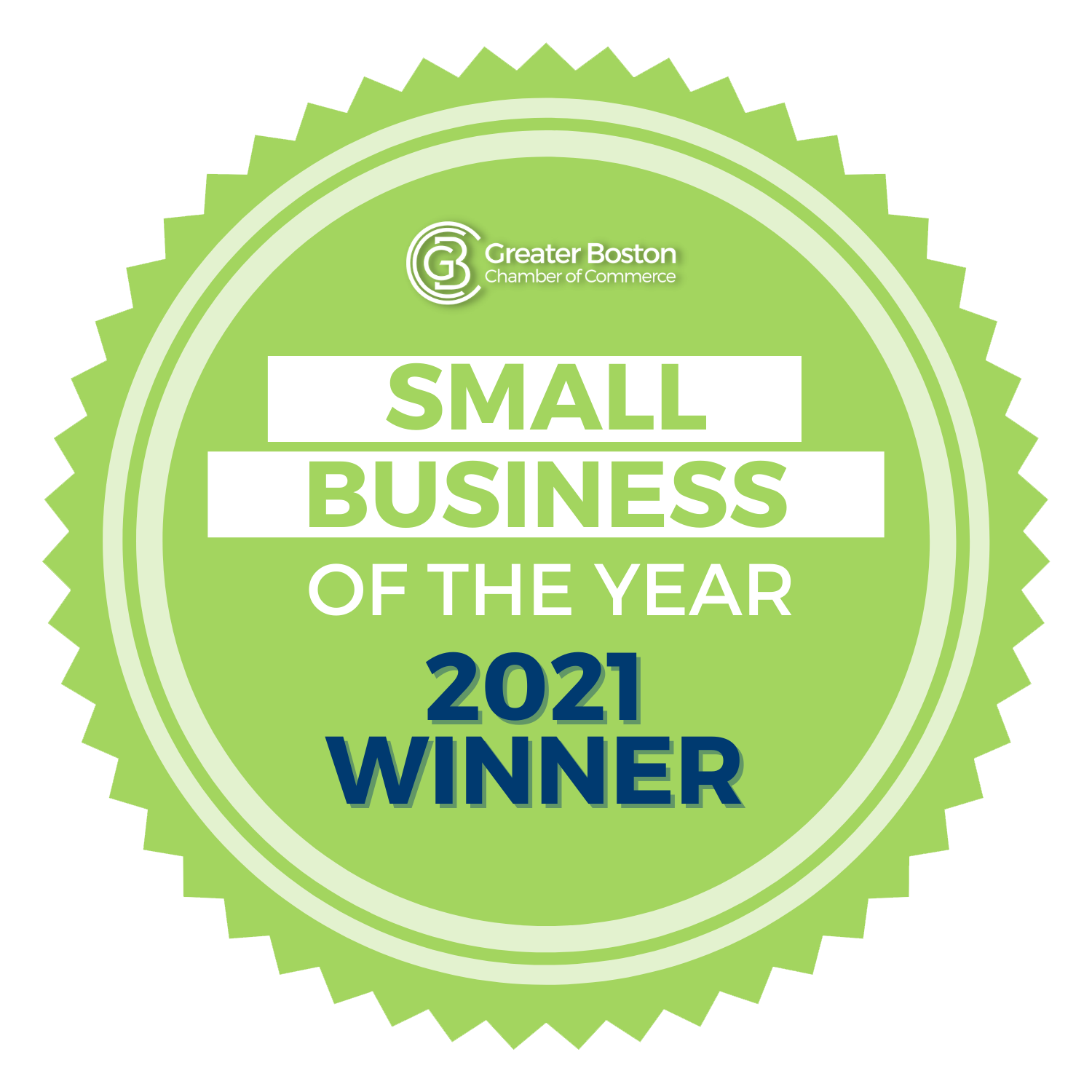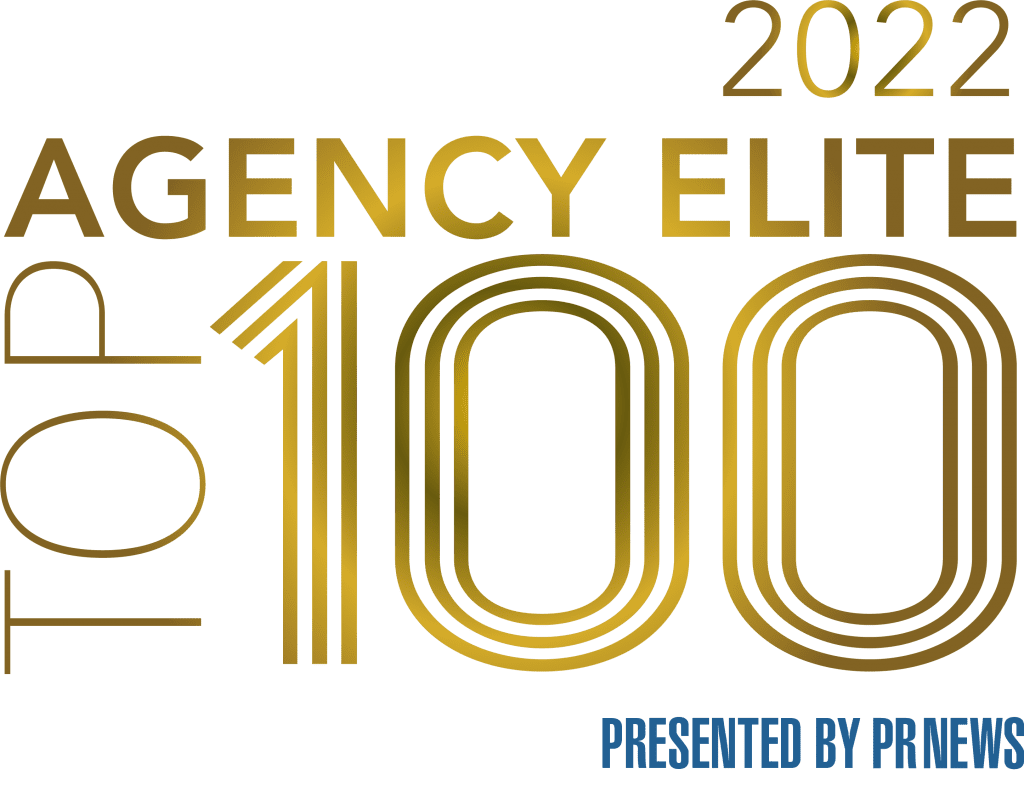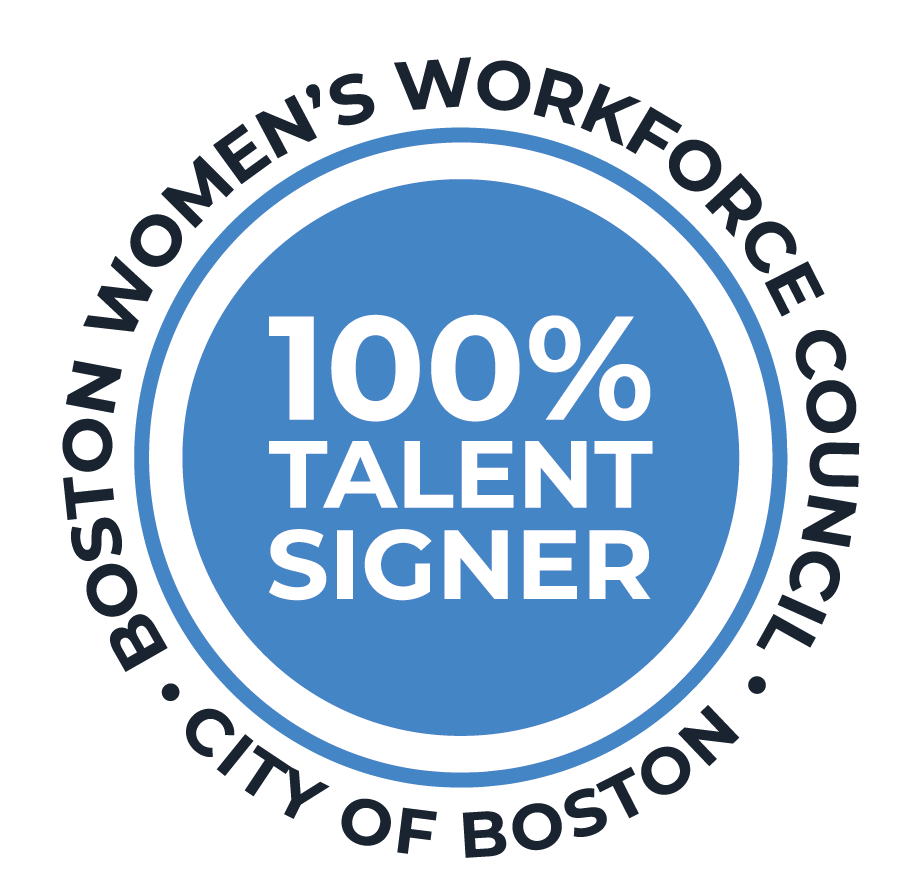When it comes to media relations, PR professionals tend to look to established staff reporters and high-profile outlets when pitching. The thinking is that there’s a direct pathway to a story getting published: passed from PR professional to reporter to editor and (hopefully) make it into print or onto TV. It doesn’t always work out that way.
As many of us on the Castle team know, the newsroom is anything but a direct pathway to publication. Even if a reporter does have genuine interest in the story you’ve pitched, they still must balance it against their current assignments, editor’s whims, and whatever breaking news may come up over the course of the day.
While newsroom reporters try to stay on top of all the stories they’re working on, freelance writers are thirsty for a good hit. With more time and flexibility on their hands, freelancers tend to be on the lookout for something to sink their teeth into. If you establish a fruitful relationship with a freelancer, you can open the door to a multitude of publications and increase the likelihood of landing your story.
Freelancers have just as much at stake as you, too. When public relations professionals cultivate meaningful relationships with freelance writers, everybody wins. PR pros find new and interesting coverage for their clients, and freelancers have something worth pitching. It’s more than relationship marketing, its relationship building. I should know. As a freelance writer and a PR professional, I’ve been on both sides of the equation.
My experience has taught me a few things about the PR-freelance path to success. Here’s how I recommend you build relationships with freelance writers.

1. Follow us
If you’re not sure where to start, start with social media—and I don’t mean send a blind DM (see number 2 below). Find the platform your freelancer uses most and try to get a sense for the stories they’re interested in and have experience with. They’ll likely share their coverage there, which also gives you insight into who they’re writing for and what publications they have access to.
Bonus points: Freelancers will likely share their friends’ work, too (birds of a feather, flock together!), giving you other points of contact to explore.
You can also start building a relationship online: interact with the freelancer’s content, especially if it aligns with your clients’ goals. That way, it won’t feel so unexpected when the time comes to reach out.
2. Reaching out—Do’s and Don’ts of DM-ing
Unless the freelancer’s bio suggests you DM them with pitches, I would highly caution against sending a pitch out of the blue. Emphasize the social in social media. You don’t want this to feel like a transaction! Try to establish a bit of a relationship through the platform (commenting, liking, or getting a follow-back) before reaching out.
When you do DM, try to focus your pitch—let the freelancer know who you’re working with and what their story is, rather than just asking for their email address right off the bat. Freelancer inboxes can get swamped, too. If they don’t know you or your client, they’re less likely to read your email.
3. Websites & Contact Forms
If a freelancer has a website with a contact form, use it. It’s a great way to reach out. If their email is listed on the website, go ahead and use that instead of the contact form. Email is better because you can follow up in the same chain. And of course, keep your pitch focused to the who, and why of the story.
Websites are also a great resource to stay up to date on a freelancer’s interests, bylines, and the publications they’re involved with.
4. Meet up
I started to freelance during the pandemic, so a lot of my relationships were formed online. But in-person is back on! I recommend building a working/online relationship first to avoid stranger danger, but if you establish yourself as a reputable PR professional at a familiar agency, ask a freelancer out for coffee.
I recently went on a PR-freelance coffee date and got an amazing feature story in a publication that was a high priority for their client’s goals. We got to know each other on a personal level and what drives our work, making the resulting story more worthwhile.
Emphasizing mission-driven work can make a huge impression on freelancers. You don’t just have to be agreeable with their interests or ideas, let them know why this story is important to you and the impact it could have beyond the story itself. By starting from a place of mutual understanding, you build productive working relationships for the future.
And, if you have the budget for it, foot the bill. Finding small ways to acknowledge your mutual investment can go a long way to make writers feel valued, since so much of their work goes unnoticed (and sometimes even unpaid). They’ll likely devote more time and attention to landing their pitch and perfecting their piece for you.
5. Stay in touch
You did it, you landed the perfect piece with a freelancer! What you do after the first success sets the tone for the rest of the relationship. When sharing the piece, be sure to tag the writer. This small gesture can make a big difference. Again, it shows that you value their work, and are working with them (rather than having them work for you) to mutually build and expand your networks and readers. You can also like/comment/interact with anything they share about the piece to emphasize your collaborative efforts.
Make plans without a pitch. This goes against previous steps which suggested you focus in on a pitch and story. Once you’ve demonstrated your value, and the writer theirs, you can make plans to meet again on an equal playing field and check in about what they’re working on and interested in to see how it might align with your client base.
As the freelancer grows as a writer, you can grow with them. By making a small investment early, you could find yourself with a contact to a distinguished reporter in the high-profile places you initially had your eye on. It might be a longer turnaround than a quick one-off pitch, but it has promise to be rewarding every step of the way.









